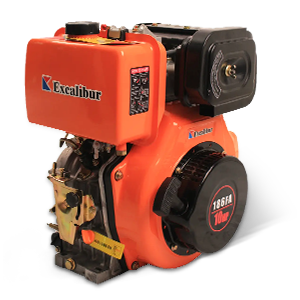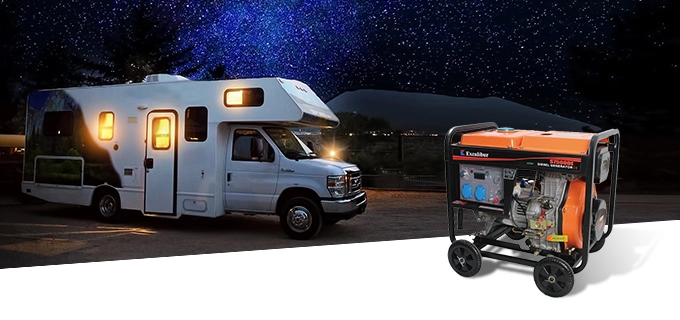In the face of natural disasters, emergencies, and unforeseen events, the need for a robust and reliable power source is paramount. Ensuring the safety and well-being of communities during challenging times requires a comprehensive approach known as emergency preparedness. One critical element in disaster response is the deployment of diesel generators, which play a pivotal role in providing essential power to critical infrastructure, emergency services, and affected populations.
Powering Critical Infrastructure
When disasters strike, the normal functioning of essential services such as hospitals, emergency shelters, and communication centers becomes imperative. Acting as a dependable backup power source, diesel generators guarantee the seamless operation of critical facilities even in the event of power outages. Medical equipment, life-saving machinery, and communication systems rely on a continuous power supply, making diesel generators an indispensable asset in emergency preparedness.
Uninterrupted Emergency Services
Emergency services, including fire departments, law enforcement agencies, and paramedics, depend on uninterrupted power to carry out their life-saving operations. Diesel generators provide a constant and stable power source, enabling these services to respond swiftly to emergencies. In situations where the regular power grid may be compromised, diesel generators serve as a lifeline for emergency responders, allowing them to navigate through challenging conditions and save lives.
Supporting Evacuation Centers
During evacuations, where large populations may be displaced from their homes, the establishment of temporary shelters is a common practice. Diesel generators ensure that these evacuation centers have a reliable power supply for lighting, heating or cooling systems, cooking facilities, and charging stations for electronic devices. These generators contribute significantly to creating a safe and comfortable environment for those affected by disasters, fostering a sense of security during challenging times.
Infrastructure Resilience
Diesel generators are designed to withstand adverse conditions and are often placed in strategic locations to ensure a resilient power supply. Their ability to function in extreme weather conditions, such as hurricanes, floods, or earthquakes, makes them a preferred choice for disaster-prone regions. The resilience of diesel generators adds an extra layer of preparedness, ensuring that even amid a crisis, essential services can continue to operate without interruption.
Remote and Off-Grid Areas
In disaster-stricken areas where the regular power grid may be severely affected or nonexistent, diesel generators become a lifeline for remote communities. Their portability and ability to operate independently of established infrastructure make them crucial in reaching areas that are challenging to access. Diesel generators can be deployed rapidly to provide power to remote medical clinics, emergency response teams, and communication hubs, facilitating a coordinated and effective disaster response.
Fuel Availability and Storage
One of the advantages of diesel generators in emergency preparedness is the availability and storage of diesel fuel. Unlike some alternative energies, diesel is not polluted and can be stored for a long period of time.This ensured that the generator had a fuel source that could be used in the event of a disaster. Additionally, the widespread availability of diesel fuel makes it a practical and accessible solution in various regions around the world.
Economic Considerations
While the initial investment in diesel generators may be significant, their long-term cost-effectiveness becomes apparent during emergencies. The ability to provide a reliable power supply during critical times can result in substantial economic savings by preventing damage to infrastructure, reducing downtime for businesses, and minimizing the impact of disasters on the overall economy.
Emergency preparedness is a multifaceted task that requires the adoption of comprehensive approaches to ensure the safety and well-being of communities during a crisis. Diesel generators emerge as a critical component in disaster response, providing reliable power to essential services, emergency responders, and affected populations. Their versatility, resilience, and ability to operate in diverse conditions make them indispensable in mitigating the impact of disasters and contributing to the overall resilience of communities worldwide. As we continue to face the uncertainties of a changing climate and other global challenges, the role of diesel generators in emergency preparedness becomes increasingly vital in safeguarding our communities and fostering a more resilient future.





